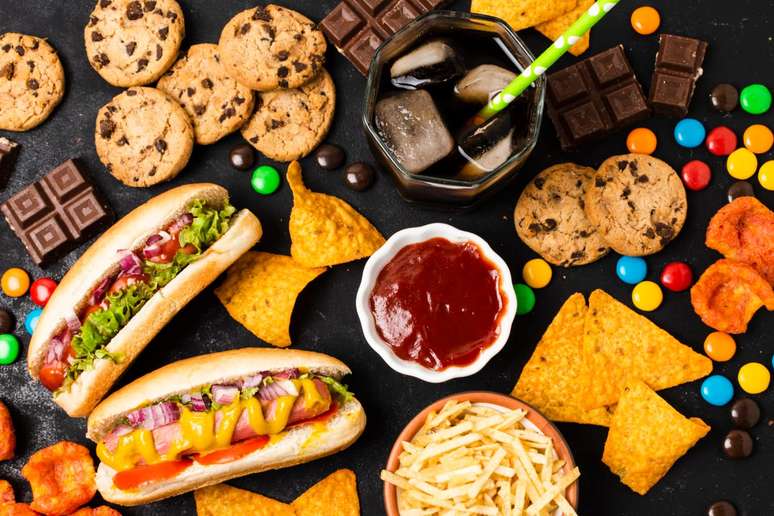For nutritionist Cynthia Howlett, school nutrition is a key piece in the formation of healthy eating habits
Summary
The study underlines that the increase in ultra elaborate consumption increases the risk of early death and experts support greater food education in schools as a crucial strategy to form healthy habits from childhood.
A one -year study between 2023 and 2024 by researchers from the USP and the Oswaldo Cruz (Fiocruz) Foundation, with data from eight countries, underlines that the 10% increase in ultra -elaborate food consumption is associated with a higher risk of 3% of early death. The conclusions, published on the American Journal of Preventive Medicine, in April of this year, show that in countries such as Brazil, ultra -elaborate people even represent between 15% and 55% of the calories consumed daily and can indicate deaths attributable to the consumption of these foods from 4% to 14%.
For nutritionist Cynthia Howlett, coordinator of the food education and ambassador projects of Sanutrin, the data strengthen the urgency of concrete actions, especially in schools.
“Today schools have a much greater responsibility for food, because most of the day children end up eating at school. So school is a key role in nutritional education,” he says.
He underlines that school nutrition should be seen as part of learning. “Food education is part of education. The child must learn to live with a collective diet, understand that he will not always eat what he likes and will learn to try new flavors.”
Cynthia defends practical and educational measures as part of a global strategy: “In addition to offering a balanced menu, schools should invest in awareness actions, involve parents, offer lessons and activities that help build healthy habits”. He also feels the influence of family choices in everyday life.
“The snack is a big problem today for ultra elaborate. For lack of time, many parents opt for the most practical, such as plush cookies. But let’s see that when these children reach the elementary, the consumption of ultra elaborate increases a lot. And with it there are also cases of obesity, diabetes and hypertension at the age of most.”
The experts who participated in the study also support public policies that limit access to these products, such as adequate labeling, sales restrictions on school environments and the taxation of harmful health items. For Cynthia, even with changes in public policies, the continuous work of food education – internal and external, is what offers the greatest impact on the future of food health.
“Food is an extension of learning,” says Cynthia. “School is today the most powerful place to form healthy habits, not only because the child spends most of the day there, but because he learns to make choices that will accompany her for a lifetime.”
It inspires the transformation into the world of work, business, society. It is the creation of the compass, content and the connection agency.
Source: Terra
Ben Stock is a lifestyle journalist and author at Gossipify. He writes about topics such as health, wellness, travel, food and home decor. He provides practical advice and inspiration to improve well-being, keeps readers up to date with latest lifestyle news and trends, known for his engaging writing style, in-depth analysis and unique perspectives.








